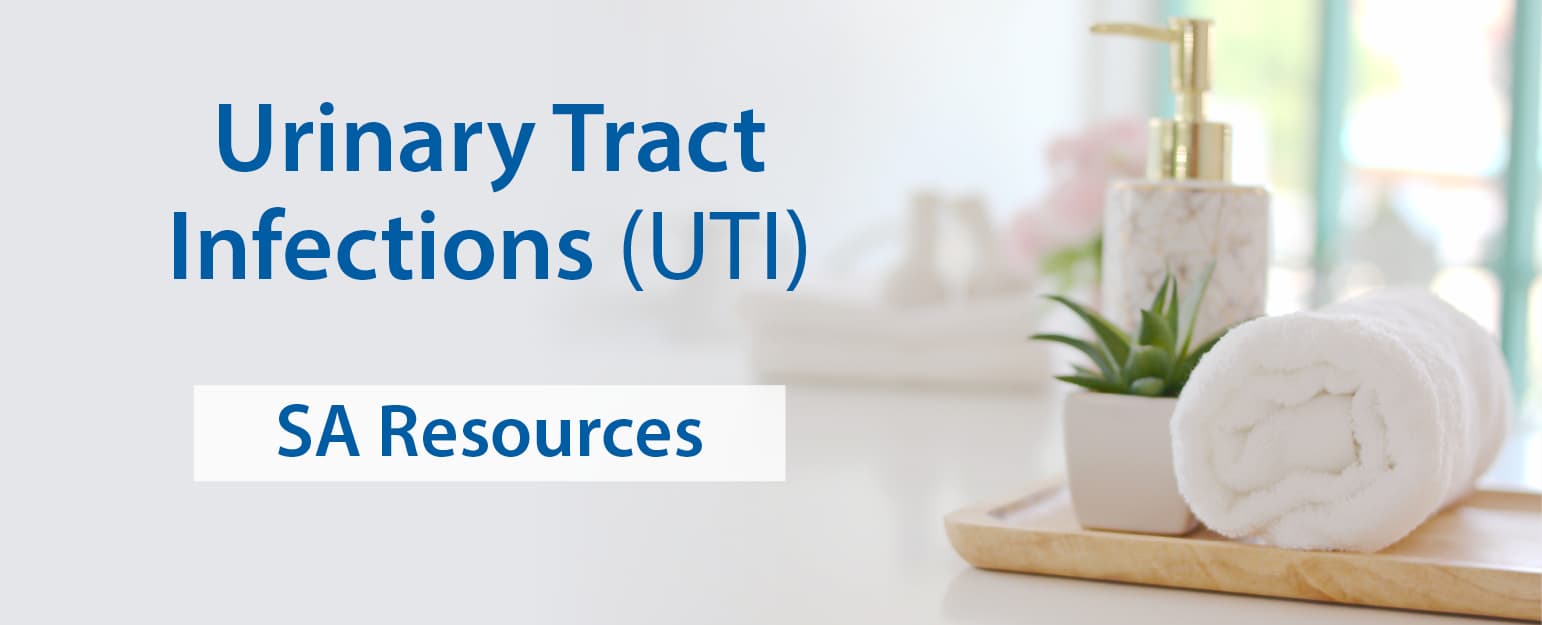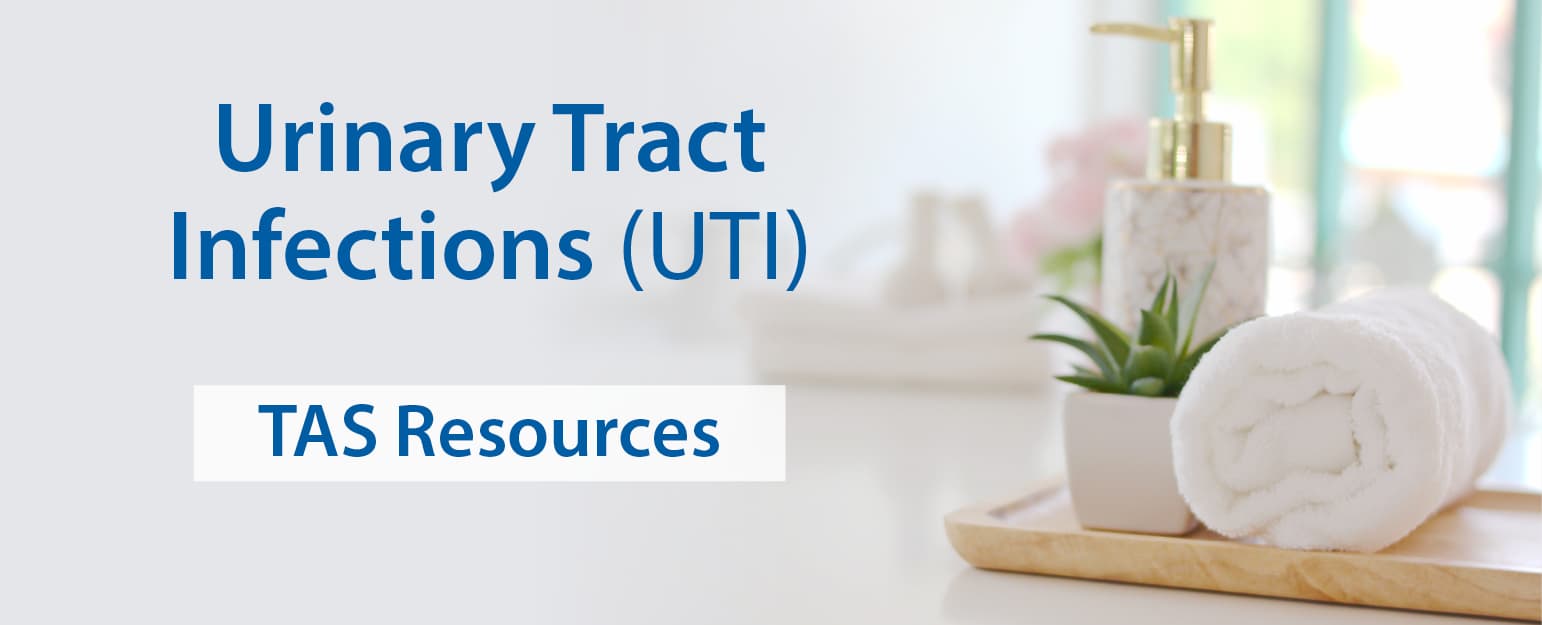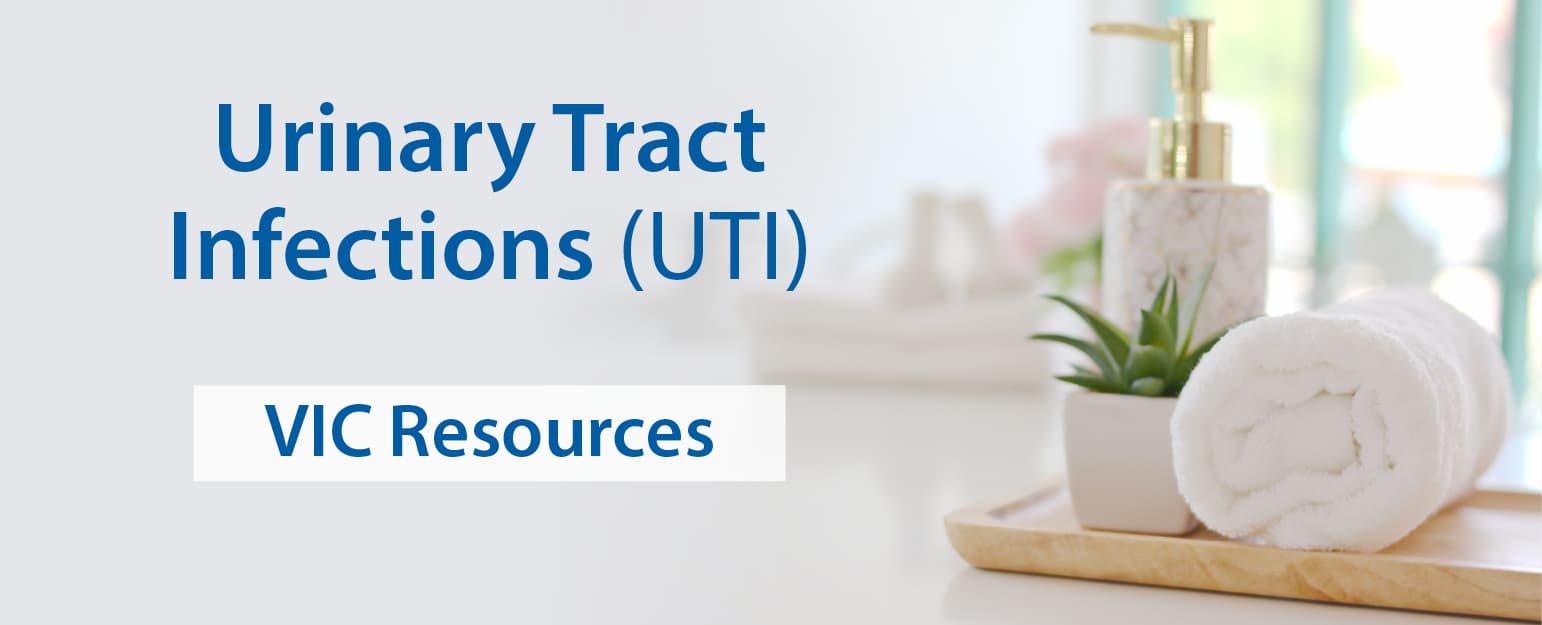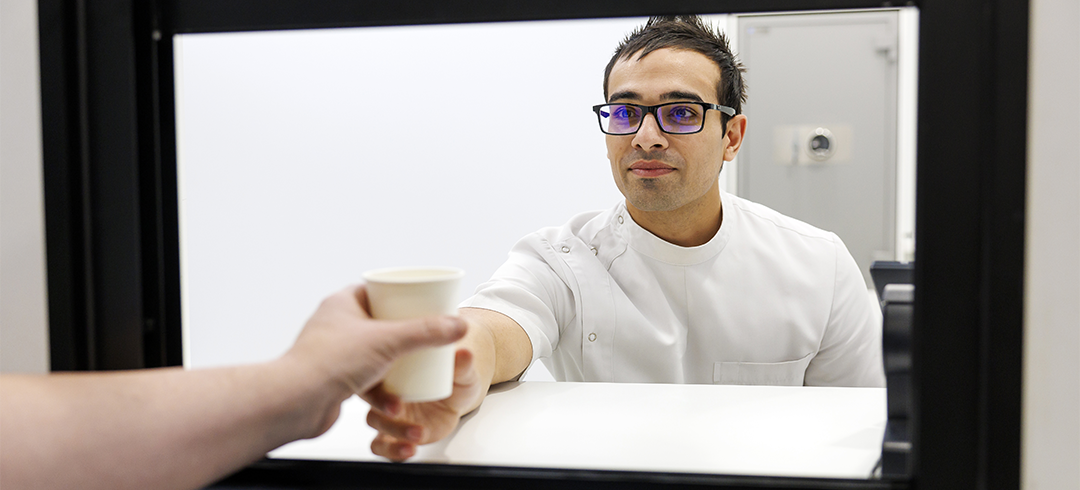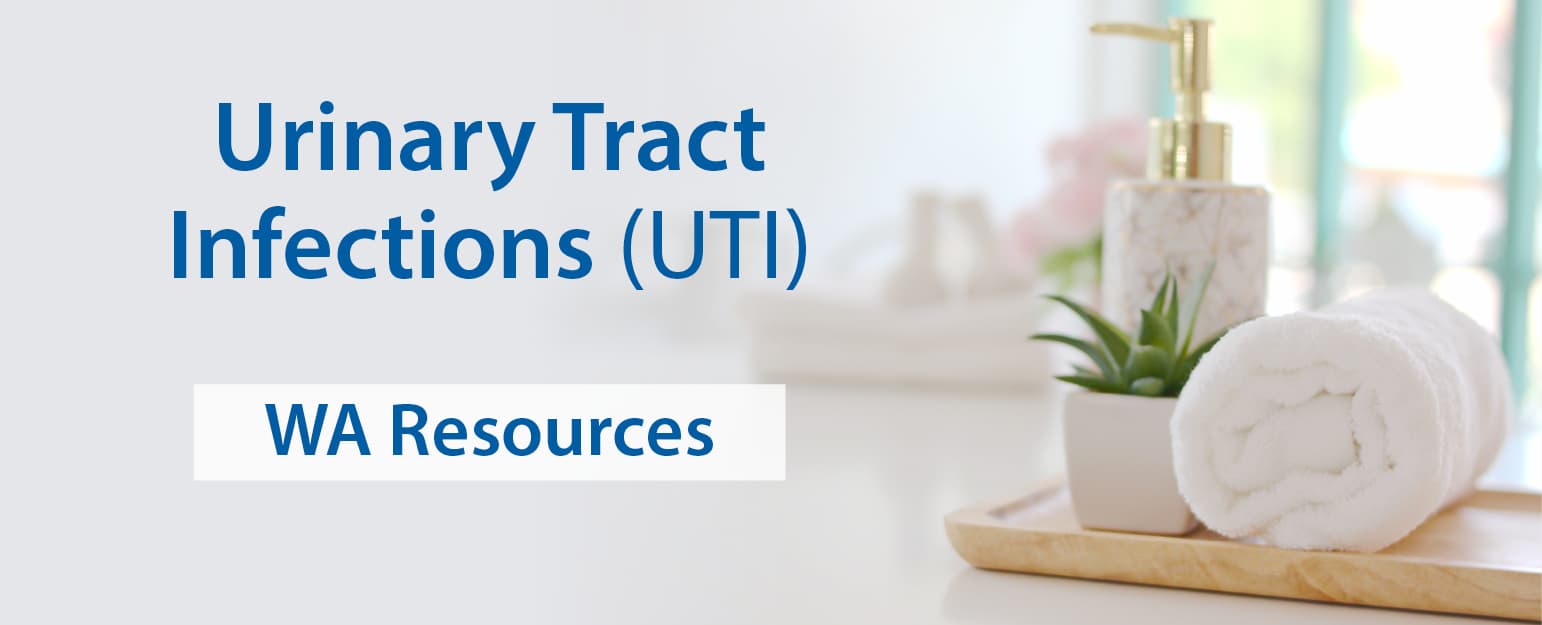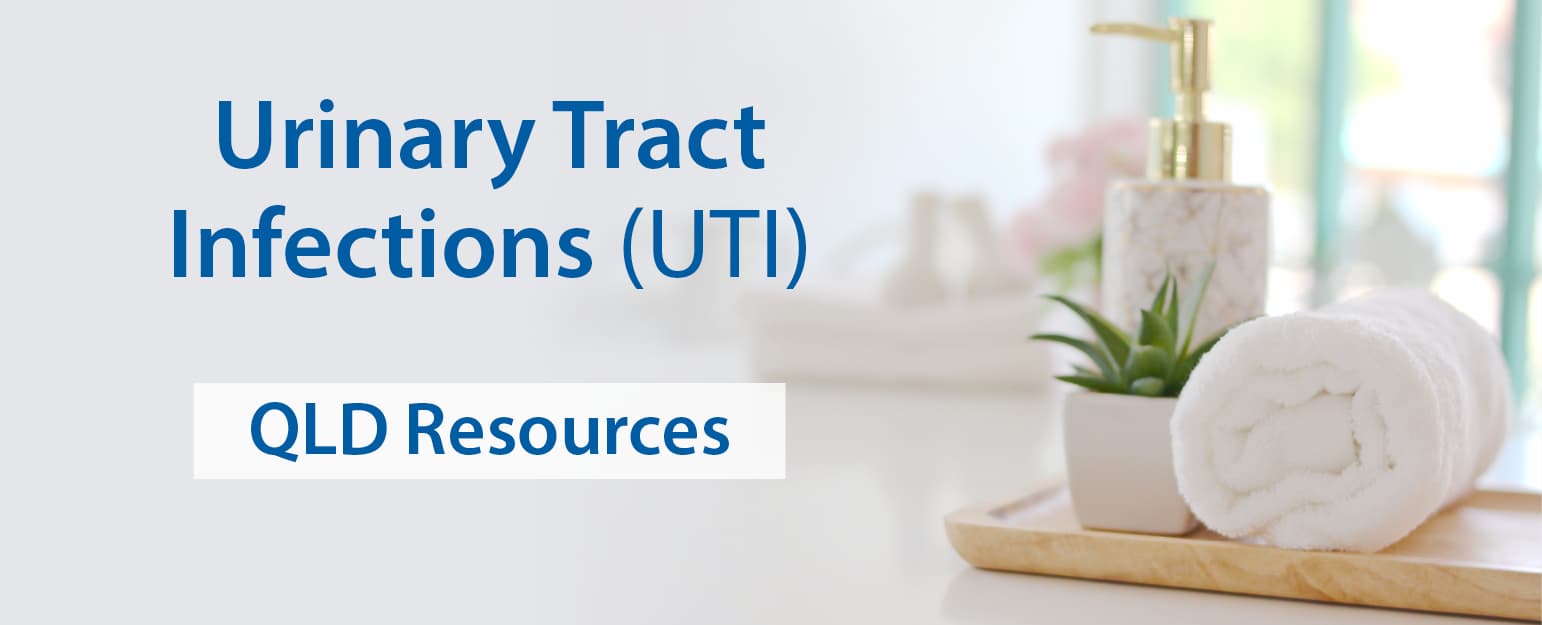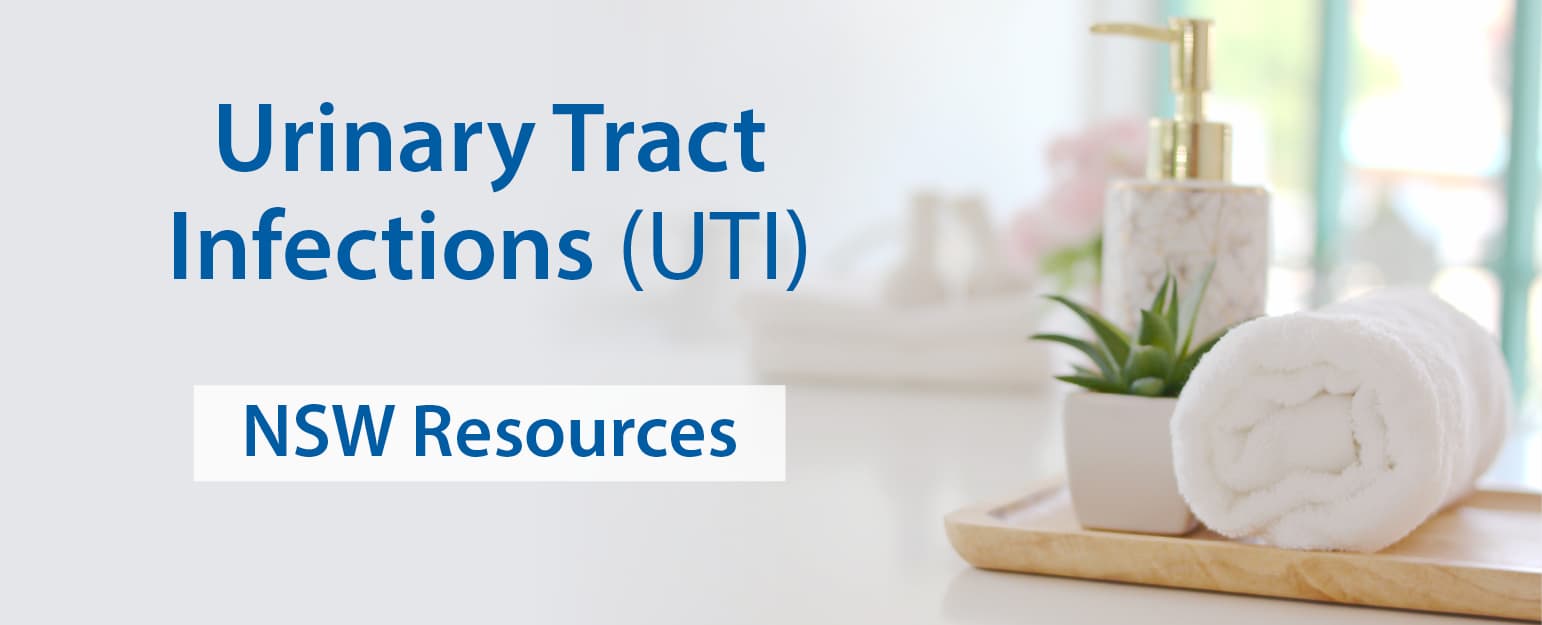UTI Resources – NT
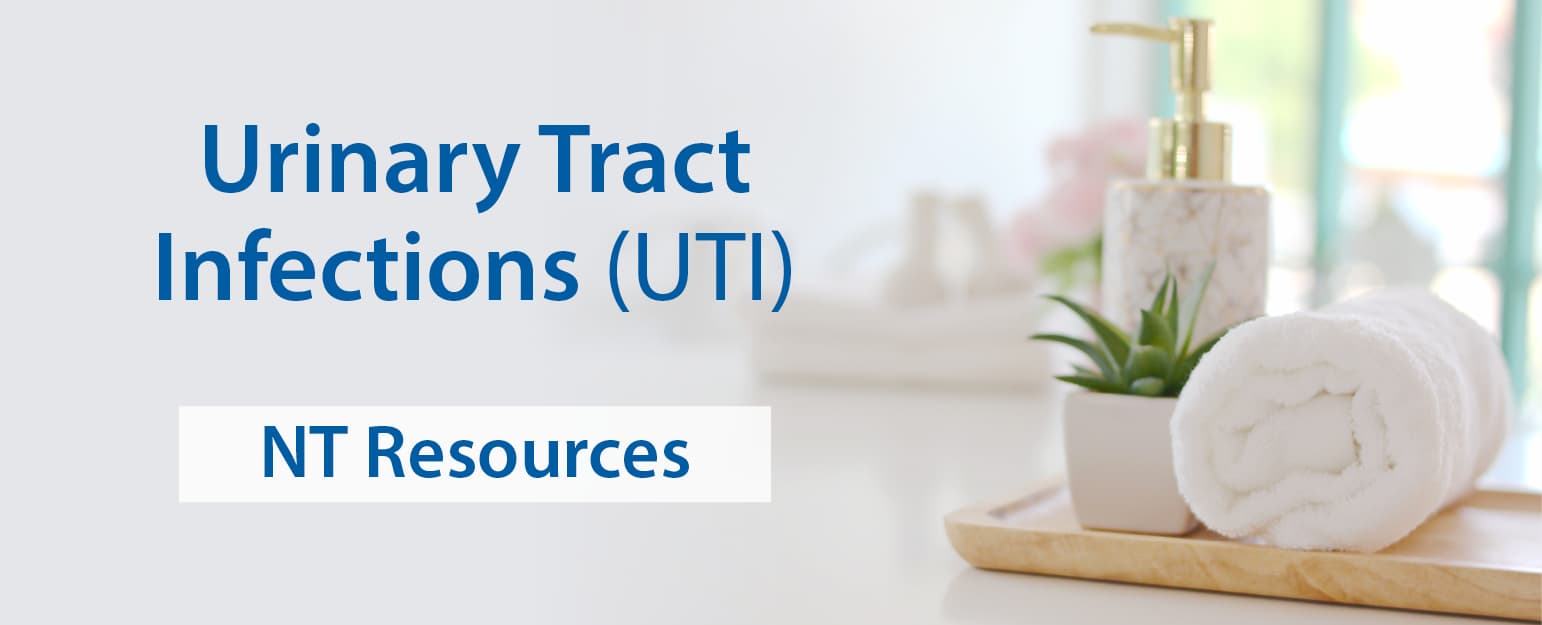
From 28 October 2024, pharmacists in NT will be authorised to manage uncomplicated UTI through a Scheduled Substance Treatment Protocol (SSTP). This will mean that trained community pharmacists are able to provide assessment and treatment (including specified antibiotics, as appropriate) for eligible women aged from 18 to 65 years, with uncomplicated UTIs, as assessed by a community pharmacist.
Conditions for providing UTI treatments are outlined in the , click here for more information.
Pharmacists are required to undertake approved training before offering the service. The PSA course, Managing Uncomplicated Cystitis, is an approved training module.
Background
A urinary tract infection (UTI) is a general term used to describe an infection involving any part of the urinary system.
UTI’s are very common – particularly in women and the elderly. The most common type of UTIs are bladder infections, also known as cystitis.
Most UTIs are caused by bacteria which normally live harmlessly in the bowel. If these bacteria spread into the urinary system, they can cause:
- urethritis – infection in the urethra
- cystitis – infection in the bladder
- pyelonephritis – infection in the kidneys.
UTIs are a common cause of hospitalisations that are potentially preventable. Click here for more details.
PSA Resources
1. Complete PSA training program: Managing Uncomplicated Cystitis. This training module will give you the knowledge you need to identify who can be supplied antibiotics for uncomplicated cystitis, and who will need to be referred to their GP. It will also give you the knowledge you need to choose the most appropriate antibiotic to treat uncomplicated cystitis.
2. Provide UTI Self Care Card. PSA self-care fact cards provide information for individuals about self-care and preventative health. The UTI fact card provides information for individuals on the signs and symptoms of cystitis, treatment, self-care information, links to further resources and when individuals should seek medical attention.
The Self Care program is designed for pharmacies to deliver improved health care to consumers. It provides resources and training to educate pharmacy staff, add value to the consumer’s experience, and aims to increase business growth with tailored health promotions and resources. To learn more, click the button below.
3. Familiarise yourself with the Cystitis treatment guideline for pharmacists.
Keep up to date on the latest information on important practice specific issues – renew your PSA membership!
